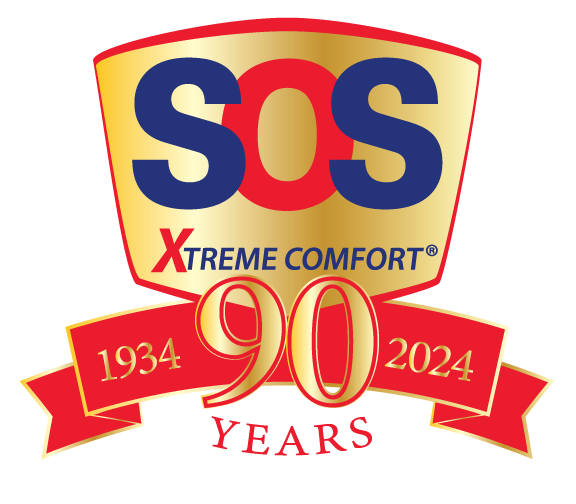SOS XTREME Comfort has been working hard to make Newburgh, NY, families like yours safer and more comfortable indoors, with oil & propane fuel delivery as well as heating and cooling system services.
Call 845-351-4700 to schedule a delivery or a service call.
SOS XTREME Comfort is one of the few HVAC companies that provide installation, service, repairs as well as delivers heating oil and propane to Newburgh properties. Get more detailed information about our services by clicking the links below:
Call 845-351-4700 to schedule propane delivery to Newburgh.[/su_spoiler]
Our team will find the most suitable solution for your needs. We install all varieties of systems ranging from central AC, ductless solutions, and high-performance heat pumps. Our full team of cooling and heating specialists is instructed in the latest technologies and advancements. We’ll get your home or business producing comfortable indoor air quickly, quietly, affordably, and cleanly.
Call 845-213-3403 for HVAC Installations in Middletown
SOS XTREME Comfort® is proud to say that we’ve been in business since 1934 and that we never lose sight of our customers. Through our relationships with our customers, we have been able to grow into one of the largest oil and propane suppliers in Orange and Rockland Counties. We welcome the opportunity to become the go-to fuel supplier and HVAC servicing company for all of your home comfort needs.
All Access Coverage For All of Your Newburgh Home Systems
SOS XTREME Comfort wants to be your go-to team for anything that keeps you warm, cool, or electrified, and we’re willing to back it up. Our All Access Coverage Plan gives you 15% off repairs on any cooling, heating, water heaters, humidifiers, or electrical work (including work on generators), priority service for these repairs, and backs up the work with a 100% satisfaction guarantee.
The instant you need any work done by our licensed and certified technicians, you’ll save the cost of All Access Coverage and more. All Access Coverage takes the worry and guesswork out of home repairs. It increases your protection and reduces your costs.
As part of our All Access Coverage Plan, you receive:
- 15% off repairs on cooling, heating, water heaters, humidifiers, or electrical work in your Newburgh home
- Priority service
- 100% satisfaction guarantee
Click here to enroll in the All Access Coverage plan.
Click to return to our service area page.









